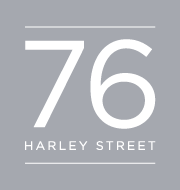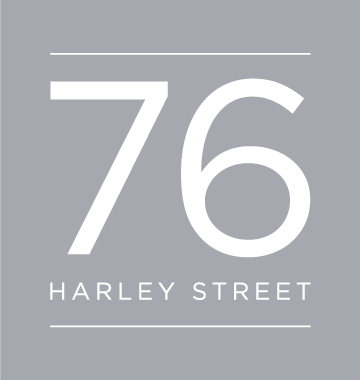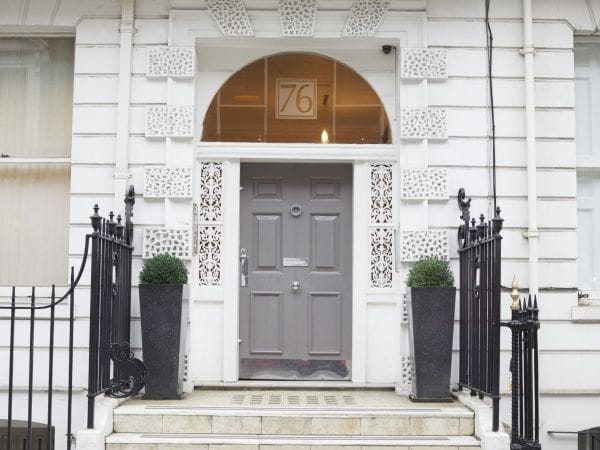 Tooth decay is the single biggest cause of children being admitted to hospital in the UK and, alarmingly recent research by the Faculty of Dental Surgery at the Royal College of Surgeons suggests that trend is increasing with baby teeth extractions up 24% in a decade.
Tooth decay is the single biggest cause of children being admitted to hospital in the UK and, alarmingly recent research by the Faculty of Dental Surgery at the Royal College of Surgeons suggests that trend is increasing with baby teeth extractions up 24% in a decade.
Not looking after first teeth can store up a lifetime of problems
Generally, the UK is regarded as having one of the better approaches to oral health so why is there an increasing problem amongst the very young? Perhaps some parents are more blasé about children’s first teeth, knowing that they’re going to be replaced anyway. If that is the case then they couldn’t be more wrong. Tooth decay in the early years can lead to all kinds of complications in later life, including crooked adult teeth, speech problems and poor eating habits.
Brush as soon as the first tooth appears
The biggest single contributory factor is the amount of sugar in a child’s diet. There’s a lot of work going on in terms of new legislation and taxation to reduce the amount of sugar in foods that appeal to children but there’s also some basic good practice that all parents can follow:
- Avoid sugary drinks and never leave a baby with a bottle containing a sugary drink. This is the quickest route to tooth decay
- Brush from the appearance of the first tooth and do it twice a day, morning and night
- Once they’ve got a few teeth then it should take two minutes to do the job properly
- If the child is under three then you only need the tiniest amount of toothpaste, just a smear. It’s the brushing that’s the most important thing, not the toothpaste
- Speak to your dentists about the right amount of fluoride for a younger child
Hopefully, with the recently raised profile of the issue and the work being done with the food industry to lower sugar levels the worryingly high level of extractions in the under fours can be significantly reduced from the 9,206 procedures carried out last year.


